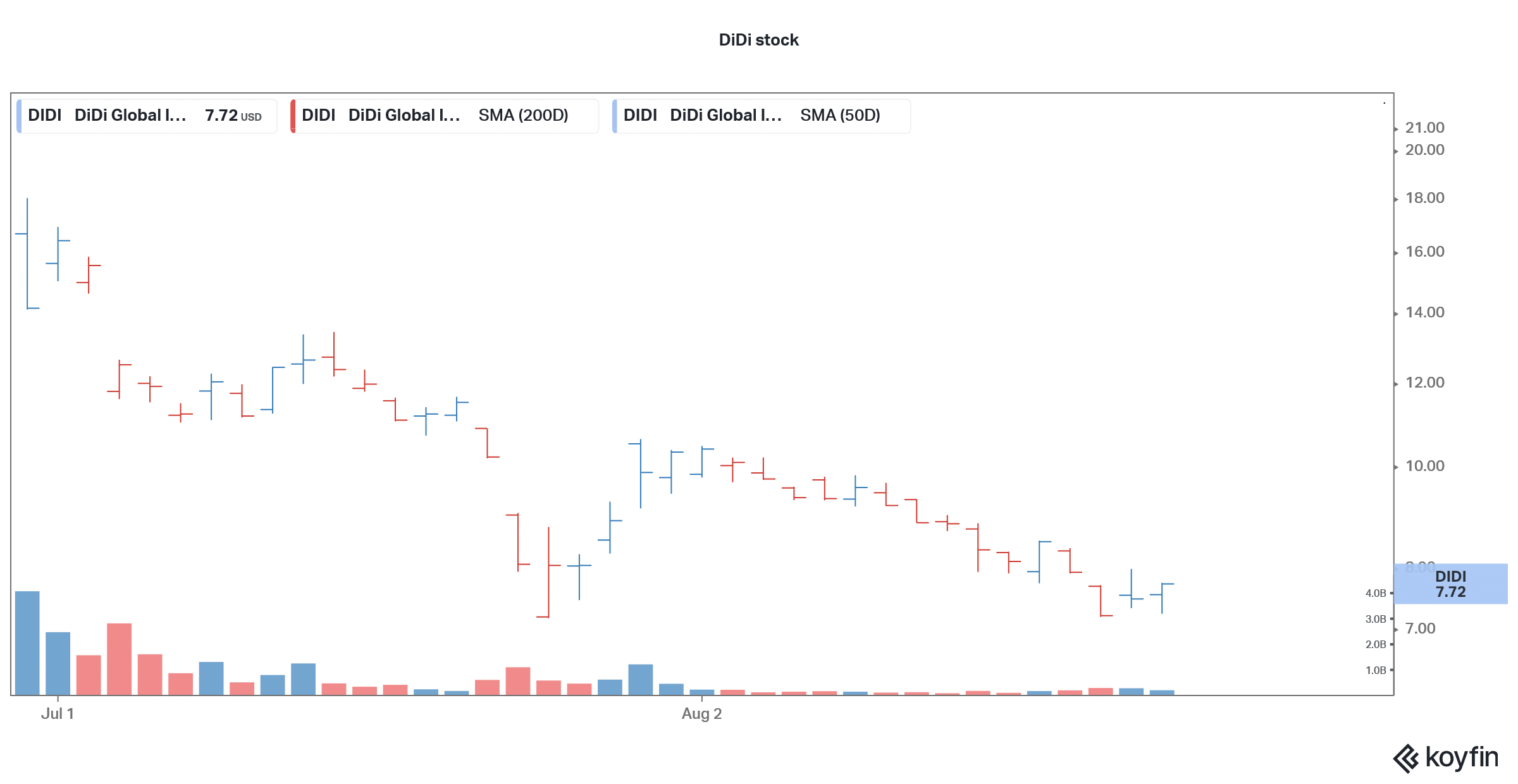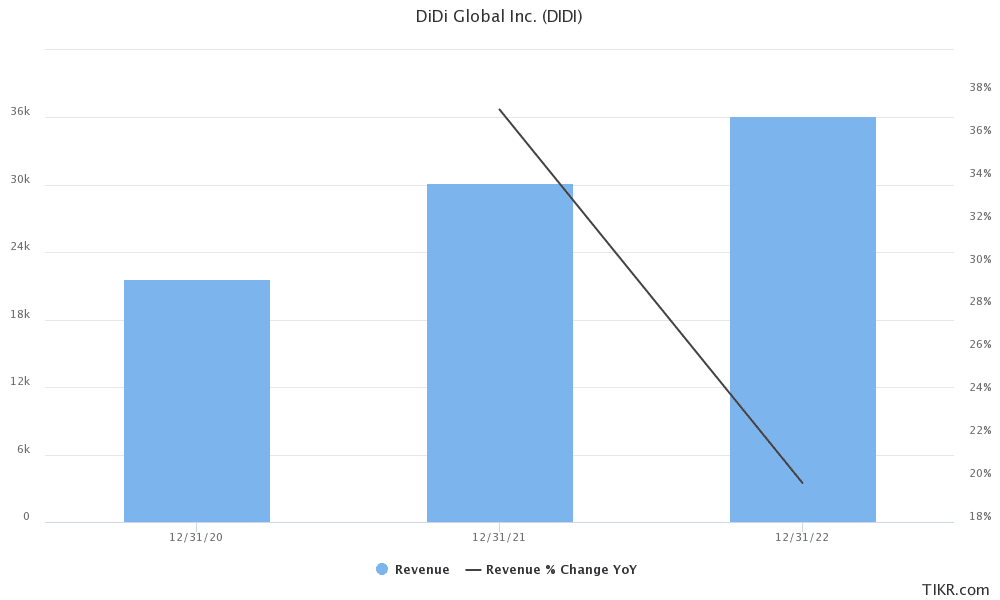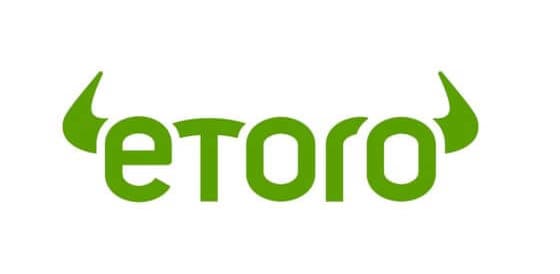DiDi Global Stock Price Forecast August 2021 – Time to Buy DIDI?
Please note that we are not authorised to provide any investment advice. The content on this page is for information purposes only.
DiDi Global stock was trading sharply higher in US premarkets today as Chinese shares look to recoup some of their recent losses. What’s the forecast for DIDI stock and is it a good buy after the massive crash?
The company had priced the IPO at $14 which was at the upper end of the price range. The IPO opened at $16.65 which was 19% higher than the ADR issue price.
DiDi IPO

It went on to hit a high of $18.01 but has since seen a massive sell-off. The stock hit its all-time low of $7.16 and is currently not far from the levels. The company commands a market cap of about $37 billion which is below its most recent private market valuation. Many were expecting the company to command a market cap of over $100 billion.
While US investors have lost a lot of money in the DIDI IPO, its existing investors like SoftBank and Uber have also seen the value of their holdings fall. SoftBank is been particularly negatively impacted by China’s crackdown as it holds stakes in several Chinese companies and is the largest shareholder of Alibaba.
Meanwhile, after the steep fall in the stock post the IPO there were rumors that DiDi would take the company private. The company meanwhile denied the reports.
67% of all retail investor accounts lose money when trading CFDs with this provider
China’s crackdown
China went after DiDi a few days after the IPO. However, the company had warned of the regulatory issues in China in its IPO filings only. “We cannot assure you that the regulatory authorities will be satisfied with our self-inspection results or that we will not be subject to any penalty with respect to any violations of anti-monopoly, anti-unfair competition, pricing, advertisement, privacy protection, food safety, product quality, tax and other related laws and regulations,” it said in the IPO filings.
The ride-hailing company warned of troubles ahead and added, “We expect that these areas will receive greater and continued attention and scrutiny from regulators and the general public going forward.”
Meanwhile, China banned new downloads of the DiDi App in China a few days after the IPO. The company admitted that the ban would hit its business in the country. While DiDi is present in several other markets, the bulk of its revenues come from China only. Amid the regulatory scrutiny in China, DiDi has also reportedly scrapped the plans to launch operations in the UK.

DiDi stock price forecast
The forecast for DiDi stock would eventually depend on the regulatory environment in the country. The company faces several troubles in China and Chinese authorities are concerned that it might have to share the data of Chinese customers with foreign governments. Two of the company’s biggest shareholders are non-Chinese companies and it is also listed in the US. New listing regulations in the US warrant that foreign companies listed in the country would have to share more data with regulators. While US regulators might only want to seek the financial data, China worries that it might even compromise on the user data.
Also, ride-hailing and food delivery companies in China have been under pressure amid concerns over worker benefits. Chinese president Xi Jinping has called for equitable wealth distribution. If the country pushes gig economy companies like DiDi to increase worker benefits, it could mean higher costs for them. In the US also, a California judge has ruled that companies like Uber erred in classifying workers as contractors.
While gig economy companies in the US are appealing against the order, the privilege is not available to Chinese companies.
JD.com earnings

Meanwhile, Chinese stocks are trading higher today after JD.com praised the regulatory changes in China. “We believe these policies are not intended to restrict or suppress the Internet and relevant industries but rather to create a fair and orderly business environment and to promote long-term and sustainable development of these industries,” said Lei Xu, CEO of JD retail during the earnings call.
That said, DiDi’s troubles look far deeper than that of JD.com. The fact that DiDi went for the IPO despite the warning from the regulators only complicates the matters. Defying authorities is not something that we usually see in China. Alibaba paid the price when its co-founder Jack Ma lashed out against the financial regulators. As a fallout, while Ma wasn’t seen in public for months after the outburst, Ant Financial’s IPO was also blocked by China.
Reports of rift
There are reports that there is a rift in the DiDi board as some members believe that they were not made fully aware of the regulatory troubles by the executives. According to Jamie Allen, secretary-general of the Asia Corporate Governance Association in Hong Kong, “we believe these policies are not intended to restrict or suppress the Internet and relevant industries but rather to create a fair and orderly business environment and to promote long-term and sustainable development of these industries.” Many on social media have also been speculating that China would try to install some government officials on the board of DiDi.
That said, if one believes that China won’t go too far in targeting DiDi, the stock would appear attractive now. It trades at a massive peer to US-listed peers like Uber and Lyft and the valuation gap might narrow if the regulatory environment in China improves.
DiDi stock was trading 4.3% higher at $8.05 in US premarket price action today. The stock has a 52-week trading range of $7.16-$18.01.






